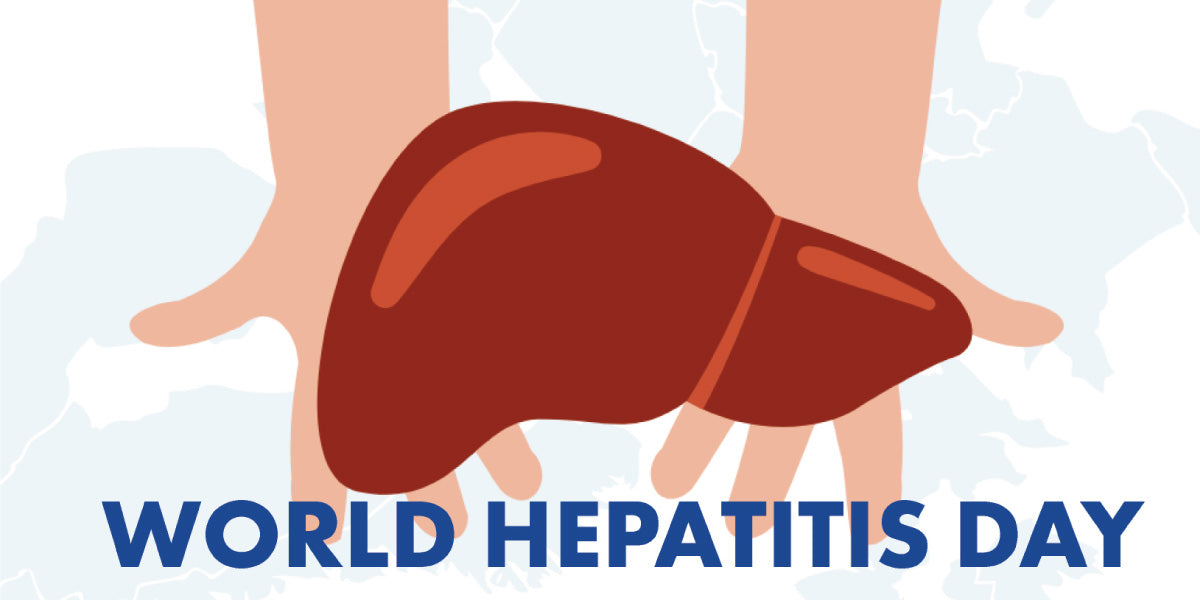
HEPATITIS A
Hep A vaccination forms part of the private childhood vaccination schedule – usually first dose given at 1 year and a booster shot 6 months later. This will give immunity and protection for 20 years.
People travelling to countries with known problems of Hep A should get vaccinated.
Biggest mode of transmission of the virus is through the orofecal route, so anyone that is exposed to human excrement should be vaccinated. Eg. health care workers, crèche and day care workers, people dealing with the elderly that are bedridden, people working in sanitation services, plumbers, travelers etc.
Symptoms are generally flu like and lethargy – progresses to skin discoloration and can affect the liver. Early diagnoses can be made with good history taking.

HEPATITIS B
Hep B vaccination forms part of the general childhood vaccination program in South Africa – it is usually given in combination with other childhood illness vaccines at 6, 10 and 14 weeks of age.
For adults: first dose at any chosen time, booster dose at 1 – 2 months, and second booster at 4 – 6 months.
If all doses are received – protection can be as long as 30 years.
Symptoms are variable and include yellowing of the eyes, abdominal pain and dark urine. Some people, particularly children, don't experience any symptoms. In chronic cases, liver failure, cancer or scarring can occur.

HEPATITIS C
- Usually chronic and on-going
- Spreads through direct contact with bodily fluid
- Unfortunately, no vaccine against Hep C
HEPATITIS D
- Usually on-going and chronic
- Spreads through infectious bodily fluids
- Hep D is known as Delta and spreads through direct contact with infected blood. One can only get Hep D, in conjunction with Hep B
HEPATITIS E
- An acute infection, especially dangerous to pregnant women
- Waterborne and spreads through water contaminated by excrement
- Unfortunately, no vaccine against Hep E
Article supplied by Mopani Pharmacy.

